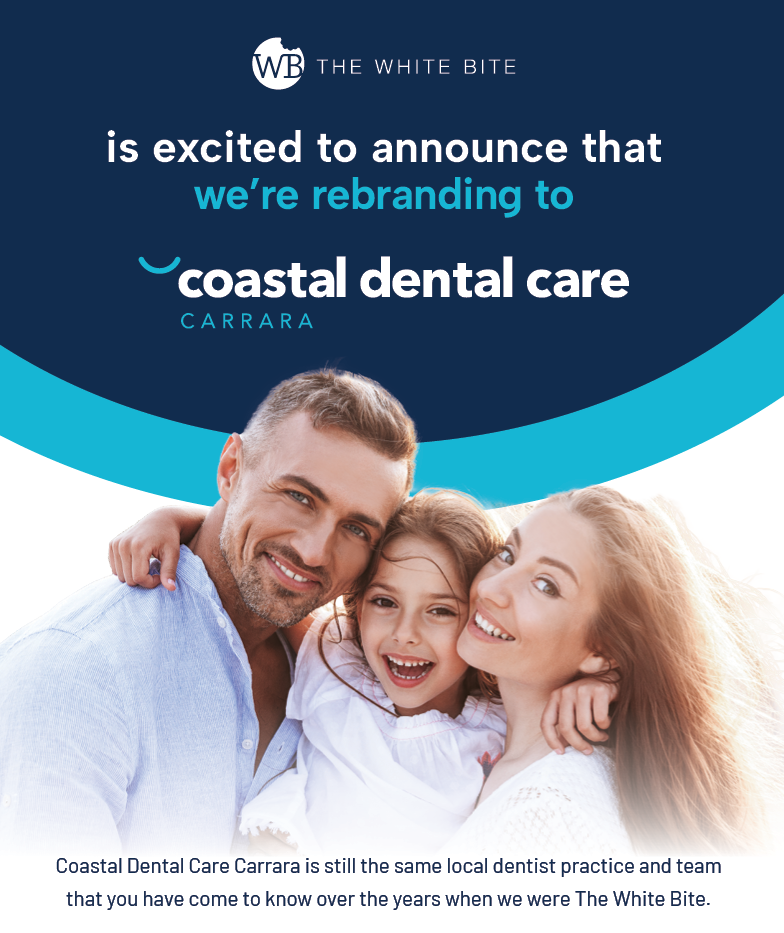October 22, 2018
It is great to see so many people leading active healthy lifestyles but we are often exposed to so many foods, drinks and supplements that claim to be ‘healthy’. A lot of these supplements and sports drinks are poor substitutes for simple hydration with water. Our Burleigh Waters dentist Dr Norah Ayad explains what you should look out for and gives some helpful tips and tricks.
How frequently we consume these supplements has the biggest impact on how damaging they can be to our teeth, especially when they often recommended to be consumed frequently and over a long period of time.
This drastically increases the time our teeth are exposed and also makes it difficult for our saliva to protect the teeth and neutralise any harmful sugars and acids. This is why we often see a high rate of dental disease in athletes who consume these supplements regularly.
SPORTS DRINKS
Sports drinks are highly marketed but this marketing can often be deceiving. The most common ingredients in these supplements are a combination of citric or malic acid which are often used for flavouring. Enamel starts to be damaged at pH lower than 5.5.
The pH of commonly available sports drinks and supplements are:
- Sports drinks pH 2.4-4.5
- Sports gels pH 3.5-4.2
We can see that the pH of these supplements is well below what is needed to start causing damage to enamel; and this is made worse when we frequently sip these drinks and gels for extended periods of time.
SUPPLEMENTS
The ‘big ticket’ items in any food or beverage are acid, sugar and frequency of intake. Supplements are often flavoured with sugars and acids. These sugars may be ‘natural’ but they are still sugars.
The reason they exist in many supplements is as a source of energy, however if the supplement contains high amounts of sugar or even low-moderate amounts sugar but is consumed over an extended period of time; then the potential to cause damage to teeth is significant.
HYDRATION
The best thing to hydrate with during and after exercise as well as for general wellbeing is as simple as H2O. Water is proven to be hydrating and free from all the usual culprits such as sugar and acid.
When we exercise we are dehydrated and our mouths become dry and our salivary flow is low. We know that saliva is one of the biggest protectors of teeth with minerals that help strengthen tooth enamel, neutralise acids and aid in digestion. If we are having high sugar or highly acidic foods/drinks during this critical time; enamel is more vulnerable to damage.
MYTHS & MISCONCEPTIONS
- ‘Water Chaser’ refers to having a mouthful of water after a mouthful of sports drink, and is a common technique used by many athletes hoping to reduce the effects of some of these products on their teeth. Although this helps flush some of the solution away, it has not been shown to reduce the damage to teeth
- Brushing after consumption: the recommended wait time between eating/drinking and brushing is no less than 60 minutes. Within 60 minutes, the tooth surface is still softened and vulnerable to damage. It is also recommended to avoid whitening or other abrasive toothpastes which can cause further damage
TOP TIPS
- Water is best for hydration. If something is required for energy, bananas are a great option
High intensity or prolonged exercise
- Read the labels of intra-workout supplements and talk to your dentist about what you are consuming and how often
Balance out the damaging effects of these supplements by:
- Eating a diet rich in calcium and phosphate eg. dairy products such as milk, cheese, yogurt or calcium fortified non dairy alternatives
- Use specialised dental products with high concentration of minerals such as fluoride & calcium
- When preparing sports drinks or supplements in powder form, make sure to get the ratio of water and powder correct so that the drink does not end up over-concentrated or syrupy
- Avoid swishing sports drinks as this increases the amount of contact it has with teeth
- Use a straw to minimise contact with teeth
- Stay hydrated as dehydration reduces the ability of saliva to protect teeth from damage
- Wait at least 60 minutes after consuming sports drinks before brushing
- Avoid consuming acidic or high sugar foods before bed due to reduced salivary activity during sleep
Reference
Sports Dieticians Australia (SDA) Factsheet: Dental Health for Athletes, prepared by Australian Dental Association.


